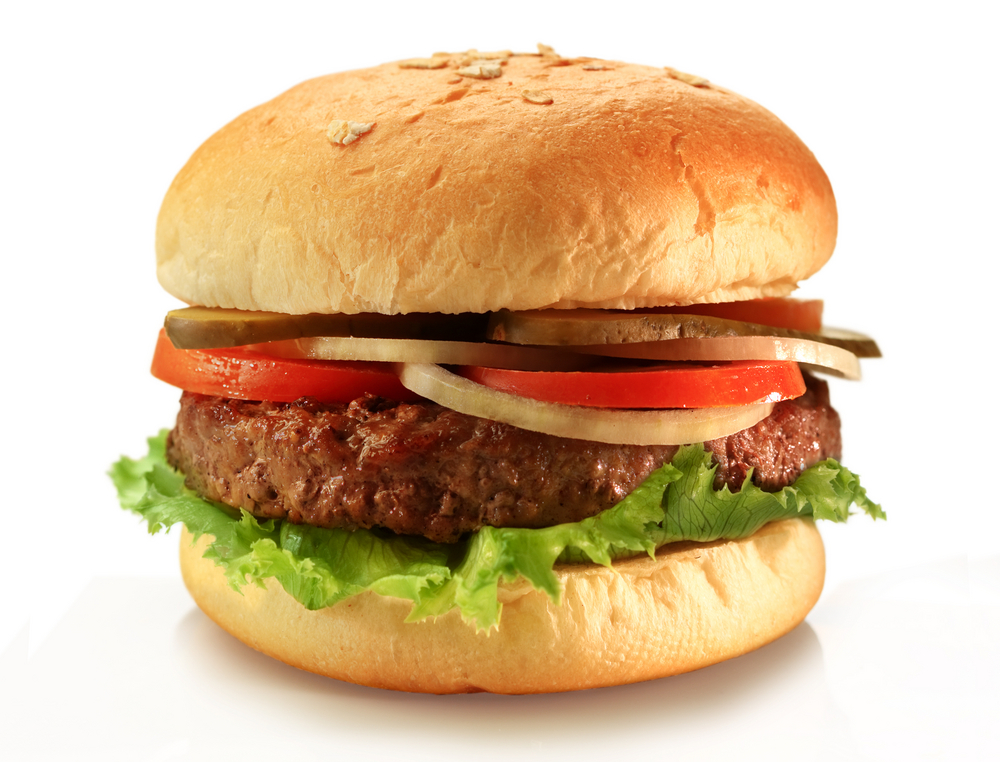Even for all the advancements made in the 21st century, the subject of addiction remains a taboo in many societies. People are unwilling to participate in the topic either due to inadequate knowledge or the recollection of unhappy memories that are often associated with it. Sadly, the lack of discussion activities does not mean that the issue fades away naturally. In contrast, an increasing number of people are falling victims to various forms of addiction.
The most common types of addiction are alcohol, drugs and gambling. These problems are always present in any neighborhood. However, there has been a sharp increase in food addiction over recent years. This phenomenon has been linked to illnesses, diseases, and obesity. The public opinion over addictive foods is that it revolves primarily around individual preferences. Surprisingly, scientists have shown that food manufacturers have been putting additives into their products to boost sales revenues.
Addictive Foods & The Consequences
Other than being manufactured to be addictive, all of these foods have another common characteristic: they cause varying degrees of harm to an individual’s health condition. The traditional addictive food choices are most limited to processed food products and fast food. Listed below are some of the health hazards that are magnified when addicted to these unhealthy foods.
Overloaded with Sugar & High Fructose Corn Syrup
Most addictive foods are loaded with high sugar or high fructose corn syrup content. These ingredients help to enhance the taste of the food and allow individuals to experience the sensation of a ‘sugar rush. As many studies have shown time and again, excessive sugar intake can lead to health conditions such as diabetes, obesity, cardiovascular diseases and even cause cancer.
On the other hand, increased fructose consumption creates an illusion of the body that makes it crave for foods with higher calories and causes it to store more fats as well. Unhealthy levels of fructose in the body place an unprecedented stress on the liver. As a result, this promotes weight gain and can lead to health issues such as back pain and other obesity-related diseases.
Specially Designed to Cause Overindulgence
The human body is intricately designed to regulate the amount of food intake and the natural energy consumption rate. Unfortunately food manufacturers were able to formulate addictive food products that actively render this process ineffective.
According to a study published in 2009, certain foods are manufactured to have the ability to stimulate the opiate and dopamine receptors in the brain. This significantly alters the reward and pleasure system that makes individuals crave for more food than they need. These food products are specially formulated with tastes that override the brain’s ability to practice self-control. Without the reasonable restriction in place, the body continues to crave for these foods and thus, leading to overindulgence. Similar to the effects of unhealthy ingredients, overeating causes exponential weight gain that can lead to muscle and joint pain in addition to all the other health risks.
Lack of Nutritional Value
As the mind is tricked into a lopsided reward and pleasure system and continues to overindulge in these unhealthy foods, it also inadvertently creates an unhealthy obsession. For instance, a study conducted by the College of Connecticut found that Oreos, America’s favorite snack, are equally as addictive as morphine or cocaine.
Moreover, these scientifically altered food products do not contain sufficient nutritional value that the body requires. Instead, the natural elements of fiber, vitamins and water are removed to create a facade that the mind interprets as healthy which causes it to continue to crave for similar food intake.
High in Refined Carbohydrates, Low Nutrients
If the lack of nutritional value is not enough to make you swear off processed foods, prep yourself for another shocking revelation. Addictive foods are full of refined carbohydrates which speed up the process of breaking down sugar in the body.
This effect causes a sharp increase in the leptin and insulin levels which the body is unable to cope with. As a result, insulin resistance follows and opens up the door for a range of chronic diseases that includes weight gain and cardiovascular issues. Moreover, with a faster rate of sugar consumption, it leaves the body craving for more and the vicious cycle continues with no end in sight.
Conclusions
Addiction is a scary concept that can hit any individual when they least expect it. Given the extensive possibility of dependence for any activities, it is highly possible that the majority of the global population are guilty of at least one addiction.
Many people would like to think that addiction grows into an unhealthy habit due to the lack of self-control however the external temptations that feed into the subconscious mind must also be taken into account.
The perfect example can be derived from food products. Before scientists were able to report that additives were added in standard food items to make individuals crave for them more, most people believed that addiction to food is simply an excuse to overindulge in food that they love. Fortunately, science has highlighted the underhand tactics that food manufacturers implement to increase sales revenue.
In the process of uncovering their dirty deeds, the unhealthy properties of these foods are also discovered. For individuals who are not deterred by the additives in food products, the severe health complications that may follow might serve as a stark reminder to switch to healthier food choices instead.
Meighan Sembrano
To know more on the subject click below
Foods That Fight Arthritis Pain I Wish I Knew Earlier
Author Bio
Meighan Sembrano has done her Mass Communication degree. In her free time, she likes to write about health, lifestyle fitness, world news and beauty. She is an author at Consumer Health Digest since 2012. To know more about her, follow her on Twitter, Pinterest.







